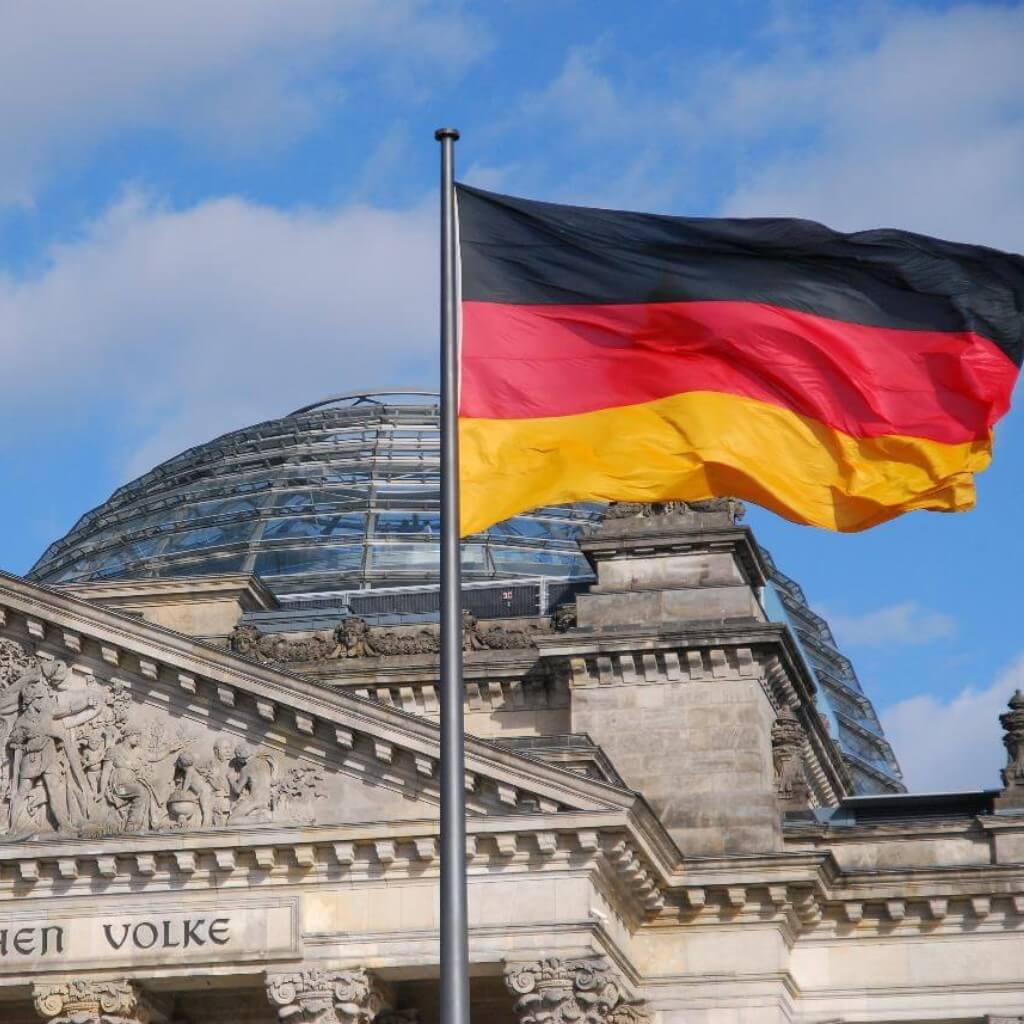Germany, once heralded as Europe’s economic beacon, now finds itself grappling with a tag it thought it had shaken off years ago: the “sick man of Europe.”
From mounting challenges in the automobile industry to bold, perhaps overzealous, sustainability goals, Germany is contending with a barrage of issues that are amplifying its economic woes.
As it navigates these tumultuous waters, the country’s political landscape sees a distinct rightward lean, signifying growing public discontent.
Germany’s Economic Struggles: More Than Just Temporary Woes
While some economic downturns are cyclical, what Germany is experiencing is not just a momentary blip. At the core of these challenges is its automobile industry. Think of this industry as the lifeblood of Germany’s exports.
Last year, cars were the prime item shipped out of the country, contributing a whopping 15.6% to the total export value. That’s no small feat for an industry.
Yet, in May 2022, Germany found itself in unfamiliar territory: reporting a foreign trade deficit for the first time in decades. Even though there has been a rebound, with the country reporting a trade surplus of 18.7 billion euros in June 2023, its exports are still treading water.
Sustainability Goals: Overzealous or Essential?
Germany’s economic challenges don’t stop at cars. The country’s ambitious environmental endeavors, especially its goal to become carbon neutral by 2045, have raised more than just a few eyebrows.
With Europe attempting to distance itself from Russian gas after the Ukrainian conflict, Germany’s vision of shifting from Russian gas seems not just ambitious but bordering on fantasy for some.
The emphasis on renewable technologies, especially wind and solar, isn’t without its problems. These sources, albeit green, are fickle. They’re not consistent, and this inconsistency could spell trouble for industries that rely on steady power supplies.
The proposed solution? A dual-energy structure, balancing renewable with conventional energy. But this means double the cost – a scenario that doesn’t bode well for industries operating on thin margins.
There’s a clear danger here. If energy costs in Germany soar, industries might look elsewhere. Locations where gas and electricity are cheaper, like the U.S. or Saudi Arabia, could become more appealing.
And while some believe that the current policy and economic hiccups won’t stymie Germany for long, the damage, for now, is evident.
A Political Shift: The Consequence of Economic Discontent
But Germany’s troubles aren’t merely restricted to economics. There’s a tangible shift in the political winds, and it’s not in a direction many would have expected.
With a rising sentiment that the move towards a more sustainable Europe is costing the common man dearly, there’s a discernible “greenlash” – a public pushback against aggressive green policies.
It’s clear. Germany’s population is veering right, seeking alternatives to what they see as unsustainable and impractical policies. The surge in popularity of the right-leaning Alternative for Germany party is a testament to this shift.
Winning a district council election in June, they’re a sign of the times – a public that’s growing wary of policies that seem to prioritize ideology over pragmatism.
Germany is at a crossroads. Its economic challenges are real, and its political landscape is shifting. The question remains: Can Germany find its way back to the center, or will the “sick man of Europe” label stick for the foreseeable future? Only time will tell.





